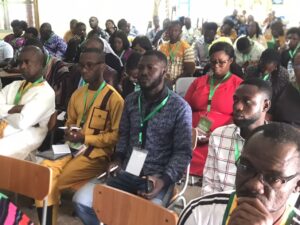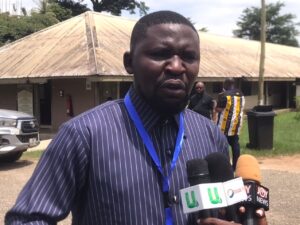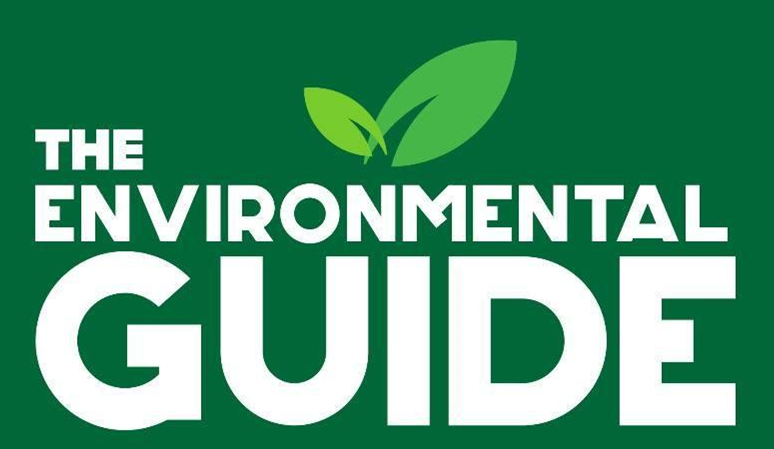The Ghana National Council of Private Schools (GNACOPS) has made a strong appeal to the President of Ghana, Nana Addo Dankwa Akufo-Addo, and future governments to grant private schools a Presidential Charter to elevate the status of private education in the country.
According to the Council, the granting of a Presidential Charter would enable them to establish a Private Education Service body that fully represents private education in Ghana. Currently, the Ghana Education Service primarily serves public schools, leaving private education without adequate representation.
This vision, according to the Council, is long overdue, as the sector manages at least 22,000 schools with three million learners. To ensure continued growth, it is imperative that the government heeds this call.

Speaking at the launch of the 2nd edition of the GNACOPS 2024 Annual Educational Leadership Summit, the Executive Director of the Council, Mr. Obenfo Nana Kwasi Gyetuah, stated that the charter would establish a formal and statutory framework ensuring effective coordination and administration between private education institutions and the government.
Obenfo Gyetuah emphasized that the charter would serve as a crucial link, empowering private education to collaborate more effectively on national education strategies and policies while ensuring that the unique needs and contributions of private schools are adequately represented and addressed.
Speaking on the theme, “Reimagine, Rethink, and Redeliver: Crafting Education for Perpetual Revolution,” he stressed the importance of advocating for an inclusive policy environment that values diversity in education and provides equal opportunities for all institutions to thrive.

He further mentioned that granting a Presidential Charter would be a significant step forward in securing the place of private education within the national education framework, ensuring that “we can continue to contribute to the growth and development of Ghana’s educational landscape with the recognition and support that we rightfully deserve.”
Obenfo Gyetuah also highlighted that the 2024 Summit would focus on addressing inclusivity, noting a concerning trend where government policies seem to sideline private education, potentially weakening or even undermining its role within the national education framework. He argued that these policies are not just unfair but also detrimental to the millions of students who depend on private institutions for their education.
“The concept of inclusivity should not only mean access to education for every child but also ensuring that private education institutions are recognized and supported as essential partners in national development,” he said.
He urged that exclusionary tactics be replaced with policies that promote equity, recognize the contributions of private education, and fully integrate private schools into the national agenda.
“If the government is implementing major policies like the Free SHS policy or the 30% placement policy for public schools, it is crucial that it also acknowledges the efforts of private education and collaborates with them,” he added.
The Council also called on educational stakeholders to introduce and integrate digital literacy into the educational space, noting that the current focus on theoretical learning is inadequate. The Executive Director emphasized the need for a reform in educational assessment to address existing challenges effectively. He cited the introduction of the talent-based curriculum by GNACOPS as an example of allowing learners to express themselves and be independent, moving beyond traditional pen-and-paper tests.
“There is an urgent need to reform the current educational assessment system. A curriculum must identify and solve societal problems. For instance, when the Europeans came, they introduced an objective-based curriculum to overcome communication barriers. Today, Ghana doesn’t need communication experts as much as it needs employability skills. Our current curriculum does not meet this need, and we should adopt a curriculum that reflects employability skills, focusing on practical learning and involving industry players,” he revealed.
The Council reiterated its call for the independence of private education from the Ghana Education Service, which currently regulates only public schools. Achieving this independence would empower private education to coordinate its activities effectively, as the sector has often been overlooked.
“Consider areas like East Legon and Labone in Accra. The number of public schools is limited, making it clear that private education requires different assets and regulations from public schools. The call for a Presidential Charter is timely,” he stated.
On his part, the Deputy Inspector of Schools, speaking on behalf of the Director of the National Schools Inspectorate Authority (NaSIA), Mr. Michael Yaw Acheampong, stated that NaSIA is participating in the summit to learn, support, and partner in fostering better education in the country.

Mr. Acheampong emphasized that NaSIA’s role is to build the capacity of stakeholders to conduct internal quality assurance rather than intimidate them, as has been perceived in the past. He challenged private education managers to understand that education is a process of production, requiring inputs and outputs, with quality assurance being a critical missing element in the Ghanaian system.
Regarding the call for a Presidential Charter, Mr. Acheampong noted, “We believe this call requires broader consultation, but with over three million learners involved, it is certainly worth serious consideration.”
Additionally, a financial consultant and head of the Hope and Service to Mankind Foundation, Mrs. Kimberly Vantrees Akuffo, announced that the NGO is partnering with GNACOPS to raise over $5 million to support private education in the country, with a target of raising at least $500 million.
The 2024 Summit brought together stakeholders in private education from across the country to the Bunso Cocoa Research Institute for six days of deliberations on ways to foster and improve private education in Ghana.


